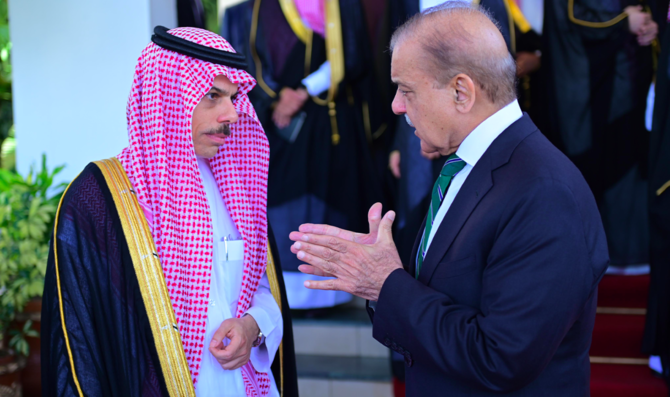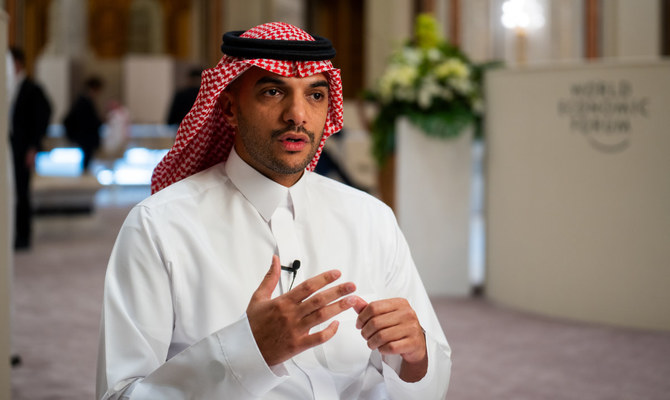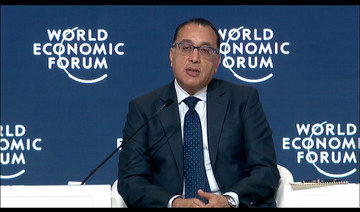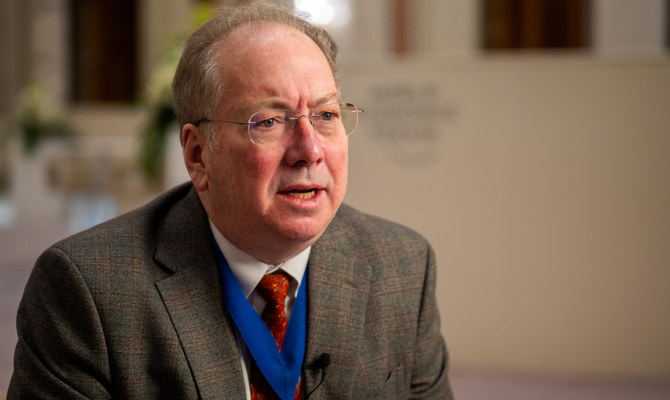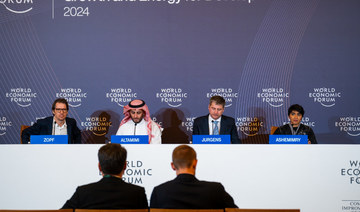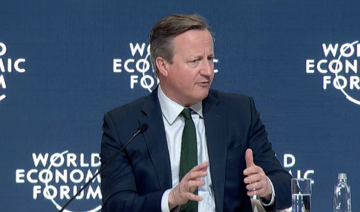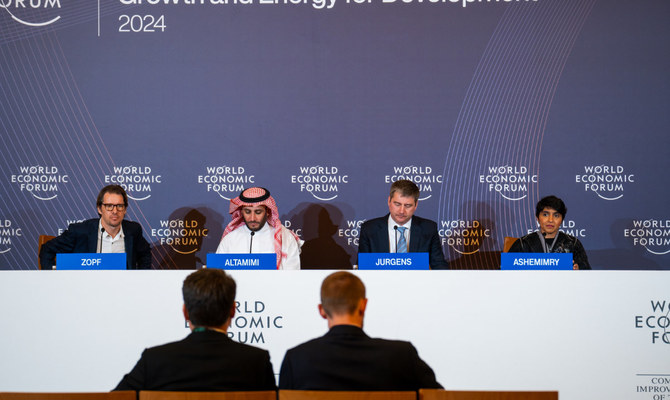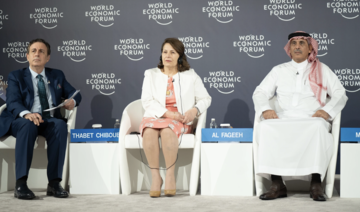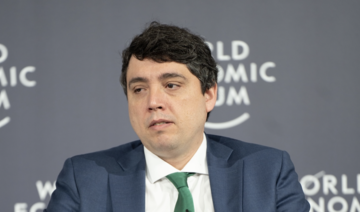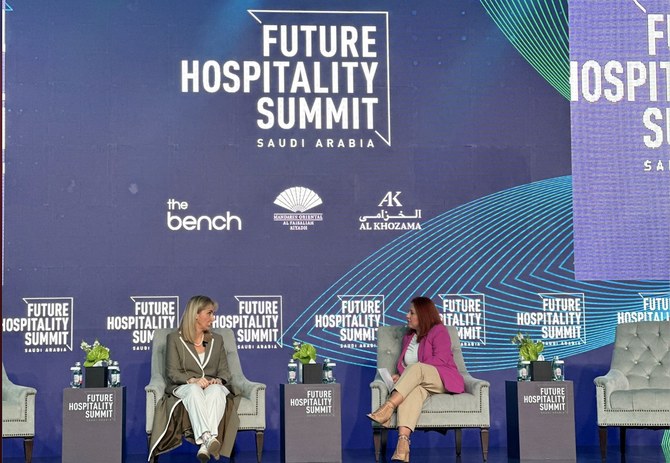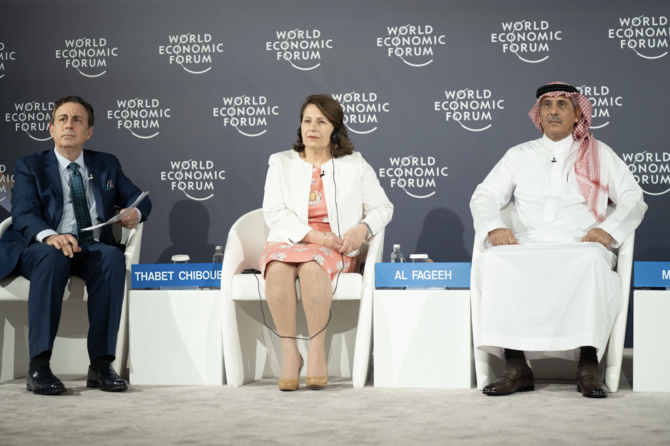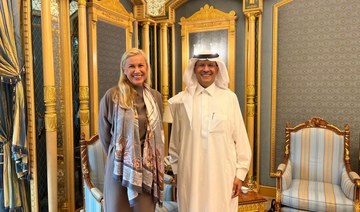ISLAMABAD: Pakistani top leaders, including the prime minister, president and foreign minister, said on Tuesday the ongoing visit of Saudi Foreign Minister Prince Faisal bin Farhan to Islamabad would help transform a longstanding friendship between the two nations into a strategic and commercial partnership.
Prince Faisal arrived in Pakistan on Monday on a two-day visit aimed at enhancing bilateral economic cooperation and pushing forward previously agreed investment deals. His trip comes a little over a week after Crown Prince Mohammed bin Salman met Prime Minister Shehbaz Sharif in Makkah and reaffirmed the Kingdom’s commitment to expedite investments worth $5 billion.
Pakistan and Saudi Arabia enjoy strong trade, defense and cultural ties. The Kingdom is home to over 2.7 million Pakistani expatriates and the top source of remittances to the cash-strapped South Asian country.
“We aim to transform our traditionally fraternal ties into a strategic and economic partnership,” Foreign Minister Ishaq Dar said as he addressed a Pakistan-Saudi Arabia Investment Conference in Islamabad, held under the umbrella of Pakistan’s Special Investment Facilitation Council, set up last year to oversee all foreign investments.
“Your investments are not just financial commitments but are crucial in nurturing a deeply valued partnership,” Dar told the visiting dignitary.
“It is through the SIFC platform that we intend to streamline investment processes while ensuring rapid decision making and efficient handling of investments … The SIFC has a central role in augmenting our infrastructure and streamlining our regulatory frameworks to set the stage for a flourishing investment friendly economic environment.”
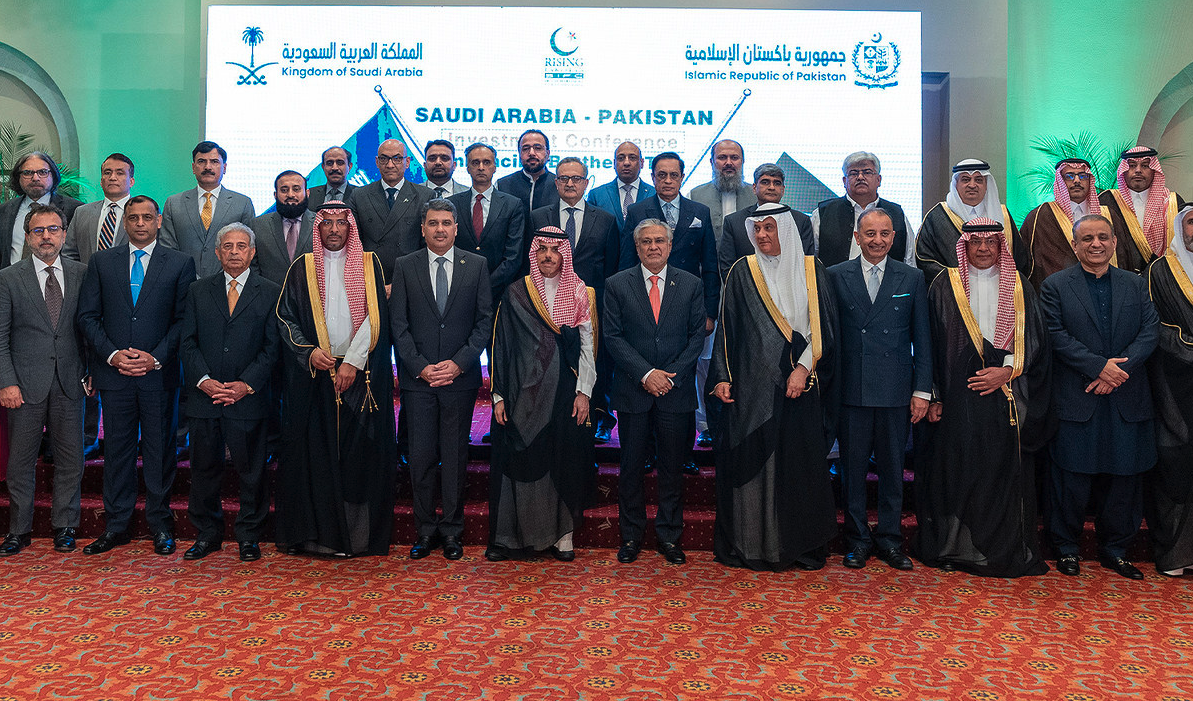
Saudi and Pakistani officials pose for a group picture after the Pakistan-Saudi Arabia Investment Conference in Islamabad, Pakistan on April 16, 2024. (@KSAMOFA/X)
Dar said SIFC would ensure that investments were “swift and mutually beneficial, embodying our commitment to facilitating foreign direct investment in Pakistan.”
Pakistan was blessed with fertile agricultural lands, minerals and a large and dynamic population, complemented by a flourishing IT sector and abundant prospects for renewable energy creation, the foreign minister added.
He said Pakistan’s fertile lands and a vast network of water resources presented numerous investment opportunities in agri-tech and food processing, with the South Asian nation having the potential to become the region’s food basket.
“Our mining sector is marked by untapped potential especially in the expansive Tethyan belt known for its abundant deposits of copper, gold and other valuable minerals,” Dar said. “The strategic advancements in these areas are highlighted by projects such as Riko Diq copper [and gold] project which exemplifies our commitment to leveraging our natural resources for mutual benefit.”
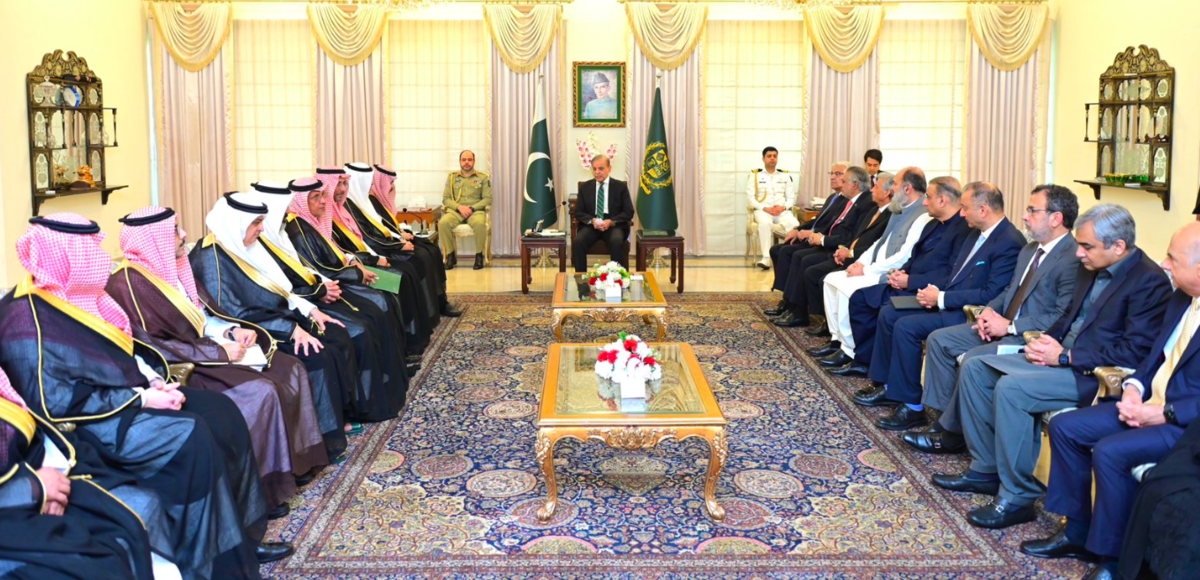
Pakistan Prime Minister Shehbaz Sharif (center) meets Saudi foreign minister Prince Faisal bin Farhan who is leading a high-level delegation in Islamabad, Pakistan on April 16, 2024. (PM Office)
On Sunday, Pakistani state media reported Saudi Arabia was likely to invest $1 billion in the mine project in Pakistan’s southwestern Balochistan province, one of the world’s largest underdeveloped copper-gold areas.
The foreign minister said Pakistan’s goal was to transform the country into a hub of economic activity, and innovation and create an attractive environment for global investors like Saudi Arabia.
“Investing in Pakistan is not merely a placement of capital. It would actually be instrumental toward forging a partnership that promises mutual prosperity and progress,” he concluded.
“Your engagement and investment in Pakistan will be handled with utmost respect and institutionalized commitment from our side, ensuring that together we achieve remarkable success.”
MEETINGS WITH PM AND PRESIDENT
Prince Faisal also met Pakistani PM Sharif on Tuesday who said the Saudi official’s visit would herald a new era of strategic and commercial partnerships between the two long-time allies.
“The visit is the beginning of a new era of strategic and commercial partnership between Pakistan and Saudi Arabia,” Sharif was quoted as saying in a statement from his office after he met Prince Faisal. “Pakistan wants to further promote cooperation in the fields of trade and investment between the two countries.”
The PM said Pakistan was taking steps to promote foreign investment and make partnerships “mutually beneficial” for allies, adding that Islamabad was grateful to the Saudi leadership for increasing investment.
Informing the Saudi delegation about the wide potential of investment in Pakistan, Sharif briefed them about the Special Investment Facilitation Council and measures the body was taking to promote investment.
Sharif also invited the Saudi crown prince to Islamabad.
“The people of Pakistan are looking forward to the visit of His Highness the Crown Prince Muhammad Bin Salman to Pakistan,” the PM’s office said.
President Asif Ali Zardari and Prince Faisal also met on Tuesday and reiterated the two nations’ resolve to build a strong partnership and promote mutually beneficial economic cooperation.
Zardari said Pakistan was working to transform its long-standing and decades-old relationship with Riyadh into a “long-term strategic and economic partnership.”
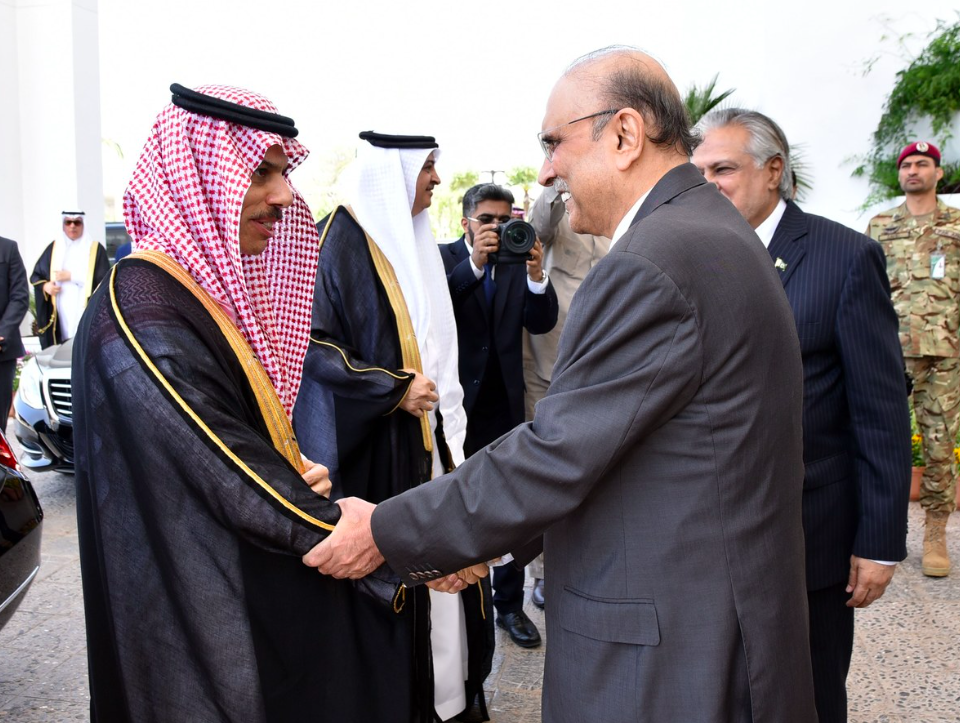
Pakistan's President Asif Ali Zardari meets Saudi Arabia's Foreign Minister Prince Faisal bin Farhan in Islamabad, Pakistan on April 16, 2024. (President's Office)
The two sides also discussed regional dynamics and recent developments in the Middle East and called for an immediate and unconditional ceasefire in Gaza and an end to Israeli air and ground offensives there.
INVESTMENT PUSH
In a statement shared with media on Monday, the Pakistan information ministry said the Saudi delegation would consult with Pakistani officials “on the next stages of investment and implementation issues.”
Saudi Arabia’s planned investment in the Reko Diq gold and copper mining project would be discussed during the visit, the ministry said, adding that Riyadh was also interested in investing in agriculture, trade, energy, minerals, IT, transport and other sectors in Pakistan:
“As a result of this visit, Pakistan’s export capacity will increase, joint ventures will be launched and new opportunities will be paved.”
Cash-strapped Pakistan desperately needs to shore up its foreign reserves and signal to the International Monetary Fund (IMF) that it can continue to meet requirements for foreign financing that has been a key demand in previous bailout packages. Pakistan’s finance minister, Muhammad Aurangzeb, is currently in Washington to participate in spring meetings of the International Monetary Fund and World Bank and discuss a new bailout program. The last loan deal expires this month.
Saudi Arabia has often come to cash-strapped Pakistan’s aid in the past, regularly providing it oil on deferred payments and offering direct financial support to help stabilize its economy and shore up its forex reserves.
Last year, however, Saudi Arabia’s finance minister said the Kingdom was changing the way it provides assistance to allies, shifting from previously giving direct grants and deposits unconditionally and moving toward mutually beneficial investment deals backed by internal economic reforms.
The PM said Pakistan was taking steps to promote foreign investment and make partnerships “mutually beneficial” for allies, adding that Islamabad was grateful to the Saudi leadership for increasing investment.
Informing the Saudi delegation about the wide potential of investment in Pakistan, Sharif briefed them about the Special Investment Facilitation Council and measures the body was taking to promote investment. The body was set up last year to oversee all foreign funding.
Sharif also invited the Saudi crown prince to Islamabad.
“The people of Pakistan are looking forward to the visit of His Highness the Crown Prince Muhammad Bin Salman to Pakistan,” the PM’s office said.



